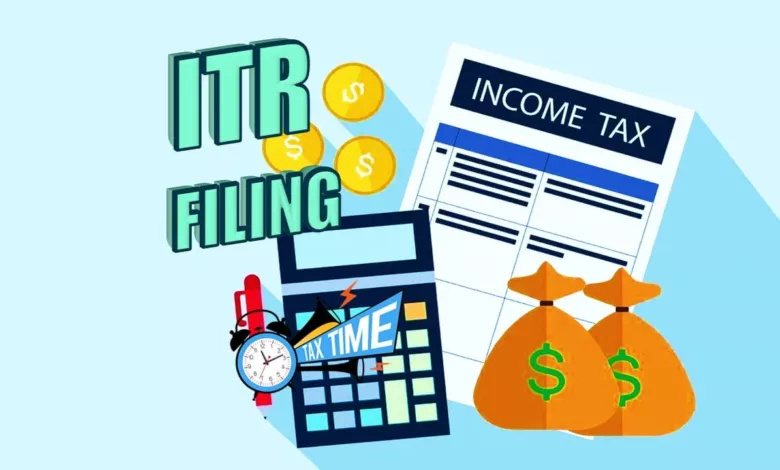Bonds are debt instrument by which government and corporate borrows money from the public. in simple language, these are only a contract between the loan taker and loan giver. If the bonds are issued by the government then it will be called government bonds and if it is issued by corporate or banks then it will be called corporate bonds. Generally, the following types of bonds are available in India.

Fixed Coupon Rate Bonds
In these types of bonds, the interest is fixed from the date of issue. Most of the corporate and government bonds are of fixed coupon rate and the interest or coupon is provided annually, semi-annually, quarterly or monthly till the redemption date.
Floating Coupon Rate Bonds
In these bonds, the coupon rate fluctuates at a predefined time till the date of maturity. Here interest rate depends on a benchmark which it follows to determine the coupon rate in each coupon payment. In the case of FRB Bond the coupon rate depends on the T-bills yield.
Zero Coupon Bonds
These bonds are those bonds where the issuer does not provide any coupon payment to the holder till the maturity date. Here the bonds are issued below the face value amount and on the date of redemption or maturity. Bonds are redeemed on the face value amount. Here the difference between the redemption price and the issue price is the return for an investor. In India, T-Bills are the Zero Coupon Bonds.
Cumulative Coupon Rate Bonds
These bonds are issued with a coupon rate but the coupon payment is done at the time of redemption. Usually, corporates issues these types of bonds.
Inflation Indexed Bonds
These bonds provide protection from inflation. It is primarily issued by the government. Here the coupon rate is dependent on the inflation rate. Usually, the coupon rate equals the inflation rate and the additional rate provided over the inflation rate.
Sovereign Gold Bonds
As per the Reserve Bank of India SGBs are government securities denominated in grams of gold. These are the substitutes for holding physical gold. Investors have to pay the issue price in cash and the bonds will be redeemed in cash on maturity. The Bond is issued by the Reserve Bank of India on behalf of the Government of India. The issue price and redemption price depends on the price of gold as per the IBJA Rate. Here the investor also gets a return in form of Interest Income for every Sovereign Gold Bond investment which is determined at the time of issue. Interest is calculated on the face value amount which is 2.5% per annum. Here the investor receives interest every 6 months till maturity or redemption date. These bonds have a tenure of 8 years and can be redeemed after 5th year.
Tax free bonds
Companies such as the National Highways Association of India (NHAI), Indian Railways Finance Corporation, HUDCO, Rural Electrification Corporation (REC), National Hydroelectric Power Corporation (NHPC), NABARD and other public sector companies issue these bonds. The interest earned on these bonds is completely tax free in the hands of the investor.
Perpetual Bonds
Perpetual bonds have no maturity date. It means these are not liable for redemption as per law or issuing entity. In these bonds, the Issuer pays the interest forever till it is in existence.
Callable and Puttable bonds
In callable bonds, the issuer has an option to redeem the bonds earlier than the redemption date and in the case of Puttable Bonds holder has an option to get back the investment amount before maturity or redemption date.
RBI Bonds (The Floating Rate Saving Bonds) 2020
RBI's Floating Rate Savings Bonds 2020 are bonds issued by the Government of India, with an interest rate of 7.15 per cent. The Bonds carry a floating rate of interest that is reset every six months with the first reset falling on Jan 01, 2021. Here the interest rate is dependent on the interest rate of NSC(National Saving Certificate). The payouts from the Bond are made semi-annually on Jan 01 and July 01 every year. The bonds are issued only in electronic form and held in the Bond Ledger Account (BLA). The BLA is an account with RBI or an agency bank in which the bonds are held.
there are many more bonds available in India but usually, these types of bonds are only available for international funding and for big institutions such as MASALA Bonds.











